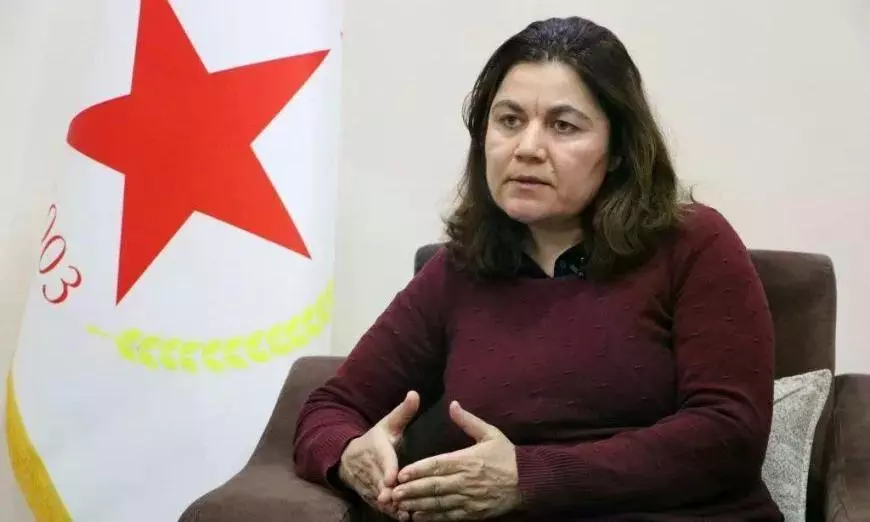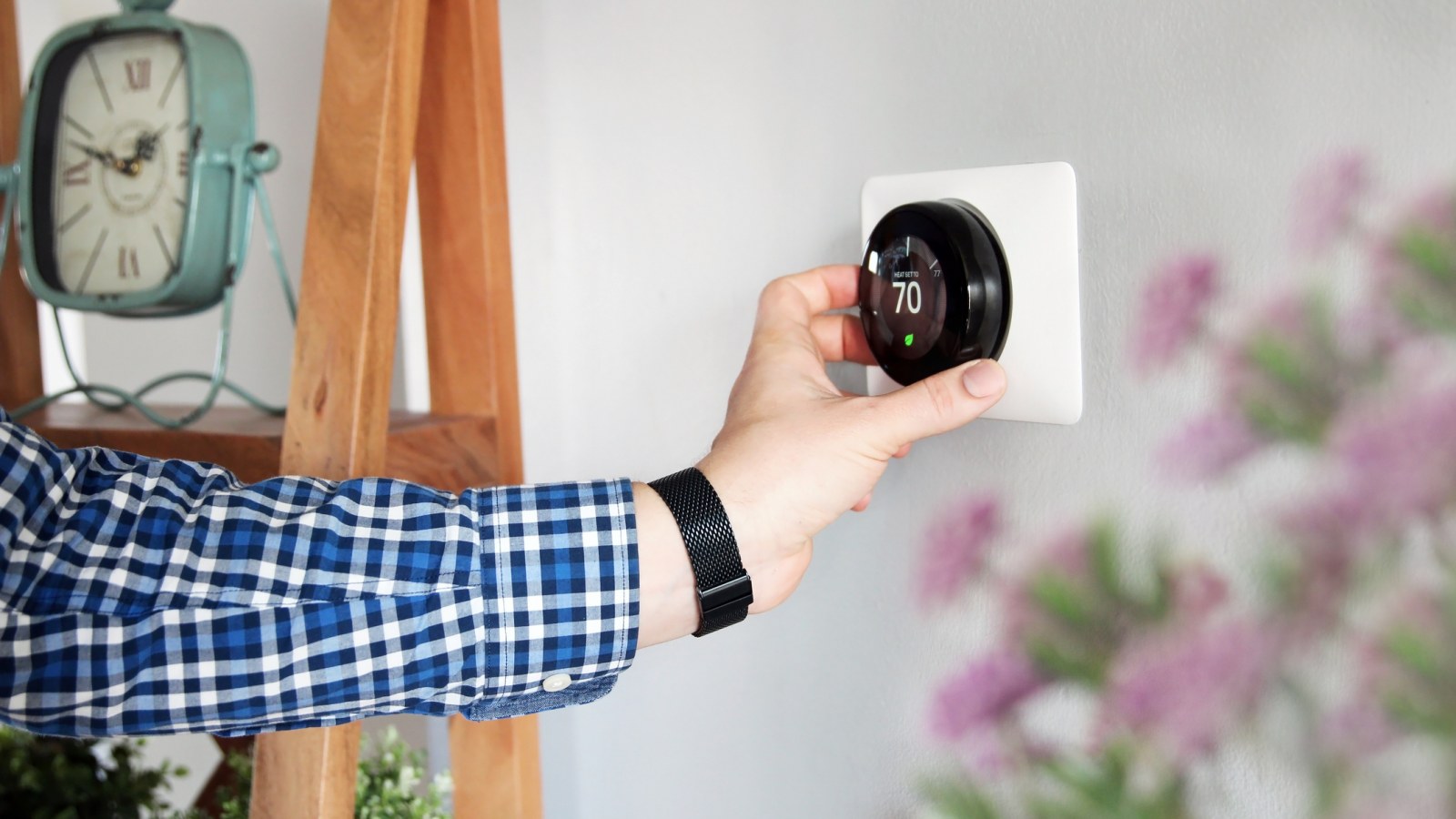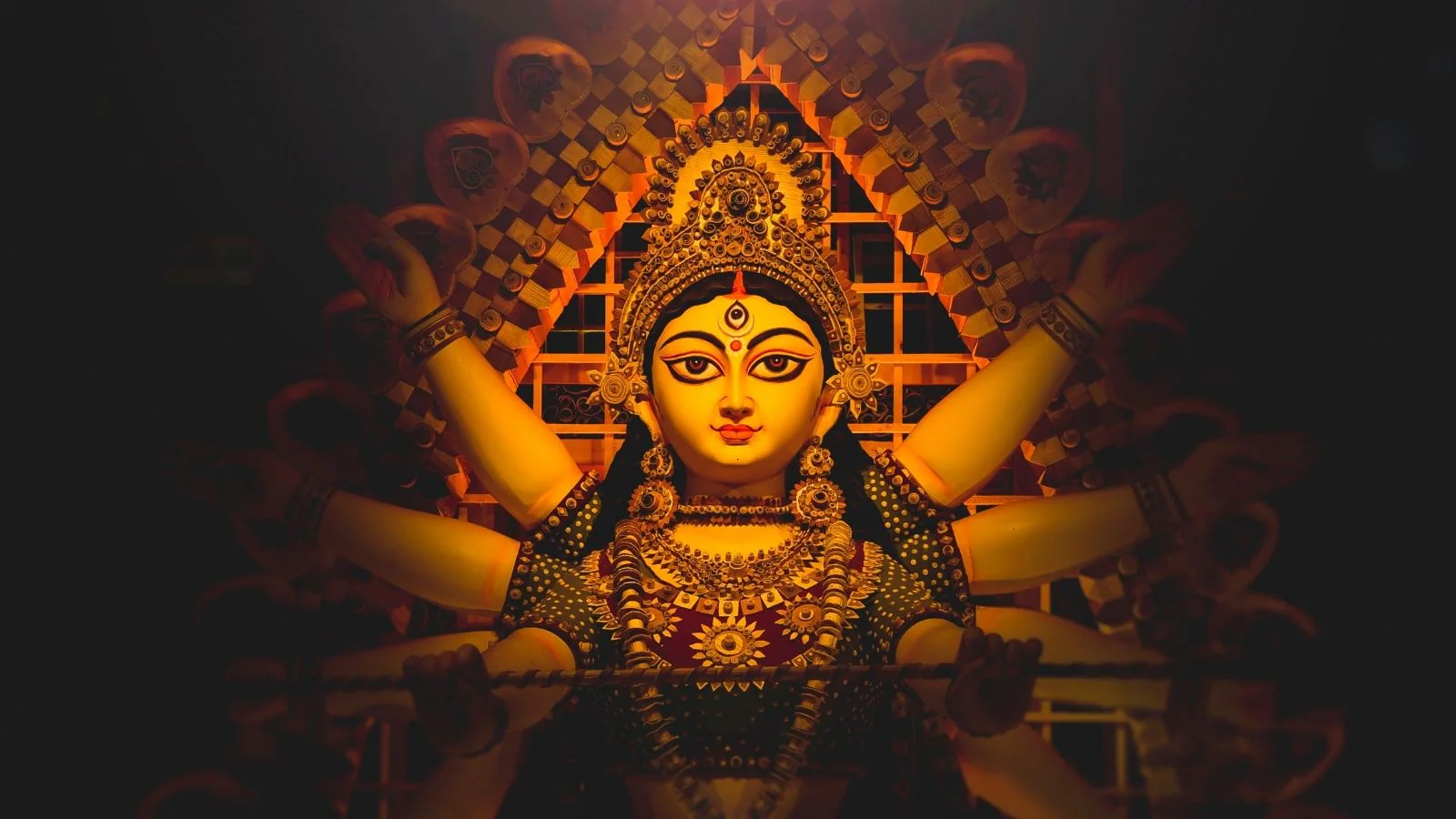By Mrittika Banerjee
Copyright deccanchronicle

Hyderabad: Foza Yusif speaks from a place where survival and democracy are entangled. A senior Kurdish politician, she has spent more than a decade building the Democratic Autonomous Administration of North and East Syria (DAANES) while negotiating with Damascus and the Syrian Interim Government. Now, travelling in India with a delegation of the Kurdistan National Congress (KNK), she argues that the ideas tested in Rojava, the Kurdish autonomous region in Syria, matter far beyond West Asia. “Showing that women are not merely spectators but leading players in decision-making processes is the most powerful way to transform politics and society,” she said.The Kurdish people, long denied recognition, became a symbol of resistance during the Syrian war, both for their fight against ISIS and for their experiment with progressive governance in Rojava. Her words meet an Indian audience at a time when debates over women’s representation, centralisation of power and the place of diversity within democracy are once again raw. “The struggle we wage for the Kurdish people and women is fundamentally a struggle for existence and freedom,” she said, adding, “The solidarity of Indian women and the Indian people with us is meaningful not only from the perspective of the Kurds, but also in terms of making cultural diversity and common human values more visible.” Yusif speaks of the beginnings of their administration to the uprisings of 2011. “After the Syrian people rose up against the Ba’ath regime and we liberated our region, we established the Democratic Autonomous Administration system,” she said. “This system was created with the participation of women. The Social Contract that was prepared guarantees women’s rights. Women today take a 50 percent share in all institutions and the co-chair system has been implemented.” To her, this is not a symbolic gesture but a rewriting of politics. “This is the first time in the world that the co-chair system is implemented as a governance system in a country.” That insistence on parity, she believes, can be a lesson for countries like India. “True democracy cannot be established when half of society is left out,” she said. She points to the gains made by women in Indian local government through quotas, but argues that sharing power equally through co-chairs offers a deeper change. “The co-chair model could first be trialed within civil society organisations, youth structures or democratic platforms. In this way, society can become familiar with the model and observe the experience of women and men making decisions together.” In Kurdish regions, young women in particular, she added, have become decisive voices in social and political life. “No social experiment can be sustainable in the long term without the contribution of young people.” However, the international image of Kurdish women with weapons troubles her. “The resistance against ISIS was very important, and the women’s self-defence units YPJ still exist today. However, this represents only a small part of the Kurdish women’s struggle, perhaps 10 percent. The remaining 90 percent is a struggle that pioneers the transformation of society.” She listed cooperatives, universities, cultural institutes and the principle of co-chairing as the real signs of change. “The lives of Kurdish women are not limited to the battlefield. They are establishing their identities in every sphere of society as mothers, teachers, neighbours, workers and political leaders.” Culture, which is often the strongest marker of identity for any people, also becomes the first target when attempts at erasure or ethnic cleansing begin. For someone who has faced that, Foza remembers how, in her childhood, Kurdish was banned, songs were silenced and identity was forced underground. “We had to secretly learn our language,” she said. “Those secret lessons have now turned into schools and universities in North and East Syria, where our children and young people are freely receiving education in their own language.” That memory leads her to see other struggles through the same lens. When asked about Palestine, she did not separate it from her own story. “Our experience shows that attempting to resolve problems solely through security or military means does not bring lasting peace,” she said. “The real solution lies in the democratisation of societies, the free expression of different identities and beliefs.” She closed the conversation by returning to where she began. “Women today take a 50 percent share in all institutions,” she repeated, “and the co-chair system has been implemented.” For readers here, the remark is less about Syria’s north and more about what democracy could look like when representation is not a concession.



